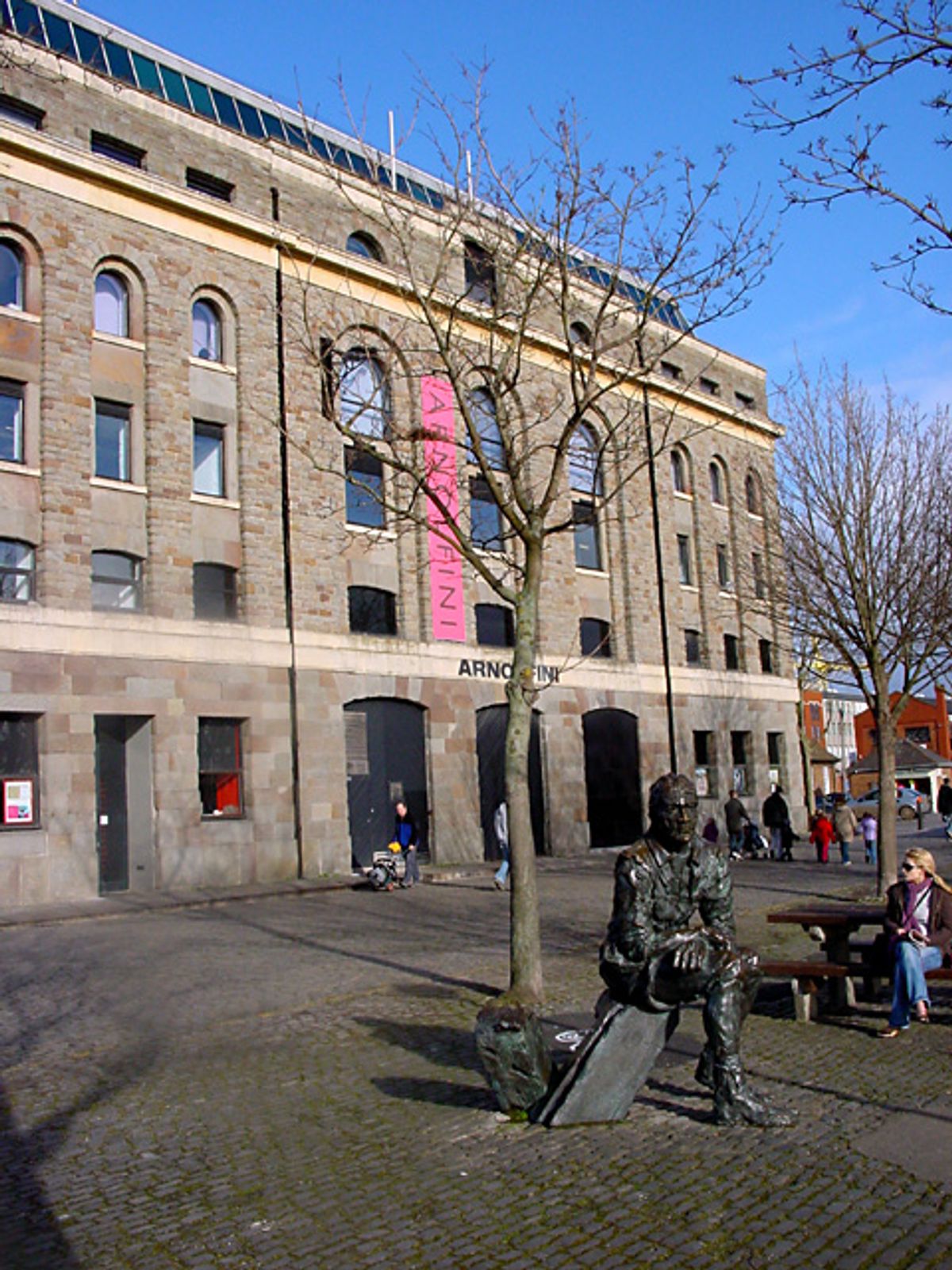Joe Ware, ‘It’s censorship’: Arts Council England under fire over new policy deterring ‘overtly political statements’, The Art Newspaper, 15 February 2024
Update to guidelines warns partner organisations that funding arrangements could be jeopardised by “reputational risk”

UPDATE: Today (15 February), a spokesperson for ACE said it will publish an updated version of the new guidelines “as soon as possible” following widespread backlash. The organisation said: “It’s very apparent from what we’ve heard that the language we used in our update was open to misinterpretation. We know from our conversations with organisations that support around managing complex, risky issues is needed, and that is what the Relationship Framework is there to do. But in light of what we’ve heard this week, we’re looking again at some of the language we’ve used, and will clarify it to fully reflect our original intention.”
Arts Council England (ACE) is being accused of limiting freedom of speech and other civil liberties, following an update to its Relationship Frameworks policies. New guidelines released in January warn organisations receiving ACE support that “overtly political or activist” statements might create “reputational risk” and endanger funding arrangements.
News of the update, first reported by Arts Professional, has prompted negative reactions from scores of culture workers via social media. The poet Anthony Anaxagorou posted on X: “We better all just shut up, make art that’s as interesting as a sack of porridge and hope nobody asks us any questions about our politics, principles or convictions. Yet another step to further censor freedom of expression. This is the antithesis of art and literature.”
The new guidelines state that reputational risk to ACE could be caused by going beyond a company’s “core purpose” and “partnerships with organisations that might be perceived as being in conflict with the purposes of public funding of culture”. It adds that reputational risk could also be caused not just by an organisation itself, but also “by staff and other individuals associated with the organisation acting in a personal capacity”.
The ACE announcement comes one week after the UK culture secretary, Lucy Frazer, ordered a full-scale review of the organisation, following an initial “light touch” assessment.
The policy update also comes after a number of ACE-funded organisations have been criticised for issues related to the Israel-Hamas War. In November, the Arnolfini Gallery in Bristol apologised for cancelling two events during the city’s Palestine Film Festival.
The potential impact of the new policy on making statements related to the conflict in Palestine has been commented by a number of people on social media: “I’m an artist who’s had numerous group and solo shows in spaces funded by ACE and I’m outraged by this move,” says Sam Keogh via Instagram. “It’s censorship. And it’s happening in the middle of a genocide. Free Palestine.”
A spokesperson for ACE denies that the new policy is related to the Israel-Hamas War, telling The Art Newspaper: “To be clear, we updated the reputational framework in January 2024, not in response to the Israel and Gaza conflict, but as a direct response to requests from our funded organisations who were looking for practical support in developing policies and processes that helps them manage reputational risk in a way that keeps them, their staff, and their communities safe.”
The guidance states that ACE will assess risk levels every three months, or when they arise, which could result in “monitoring” or “intervention”. It states: “We will use your risk level to determine whether any changes to our relationship are required and/or whether any further intervention/s or additional conditions to the funding agreement are needed to support your organisation to reduce its level of risk.”
Civil liberties campaigners have warned of the chilling effect the new policy might have. Jesse Joe Jacobs, director of the Democracy Network, said on X, formerly Twitter: “For-profit organisations, even those with government funding can lobby, speak out, be political and even fund parties. Yet not-for profit, charities & community groups are increasingly fearful to use their voice to speak truth to power…Artists & civic society leaders have deep insights into the issues facing all of us & over the years have shaped society, policies and culture for good. We should be finding ways for these voices to be amplified, not minimised.”
Following the backlash, ACE released a statement apologising for its lack of clarity and assuring that its “guidance does not seek to stop any artist or organisation from making the art they want to make, or speaking out in any way they wish—including in ways that challenge institutions and authorities”.
However, leading civil rights figures continue to push ACE to urgently review this new policy. Sue Tibballs, chief executive of the Sheila McKechnie Foundation, which champions civil society groups, says: “Their ‘clarifying’ statement makes all the right noises about artists’ right to challenge the status quo—but the fact remains that the framework, like much of the law and guidance affecting campaigning charities, makes it very hard to do so with confidence. That they issued this policy is a deeply concerning development and one, I fear, that will force many artists out of political discourse.”

